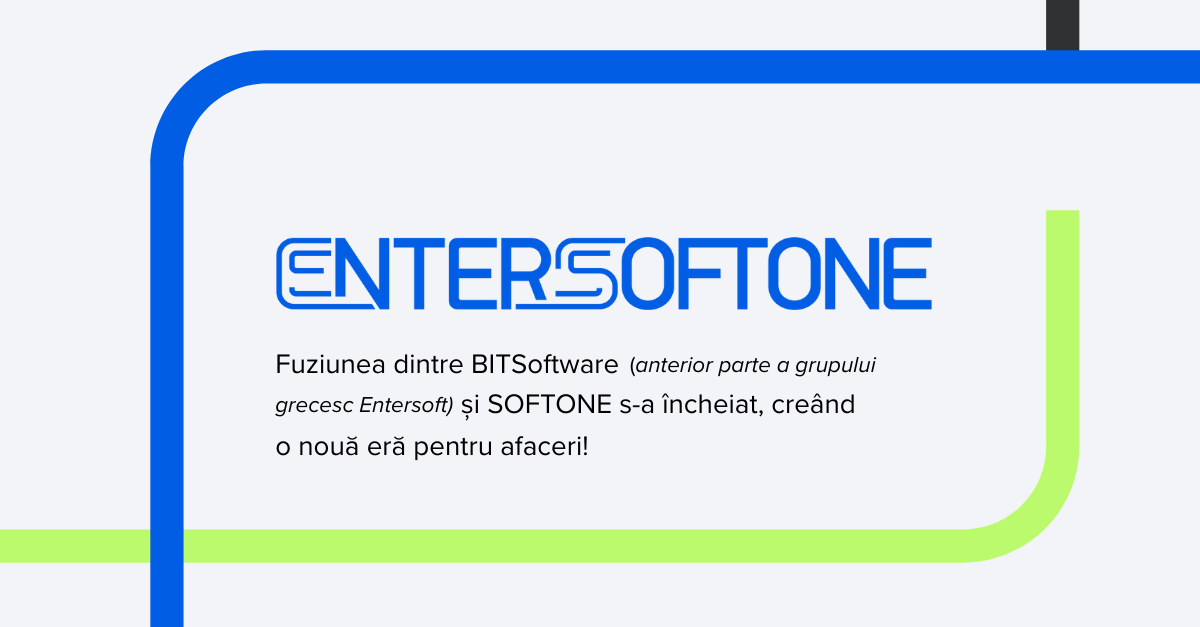Share
Citește și

Noutăți & Evenimente
Marian Gheorghe preia funcția de CEO al ENTERSOFTONE România

Noutăți & Evenimente
BITSoftware devine ENTERSOFTONE în urma fuziunii cu SOFTONE România

Business Software
De ce au nevoie companiile de producție de un soft ERP pentru a rămâne competitive

Noutăți & Evenimente
Digitalizarea în România: Provocări și Oportunități în 2025
The Cloud is essentially a huge pool of applications developed by different vendors, that each handles security-related issues in their own different way. On the other hand, we should always bear in mind that what makes Cloud potentially problematic is the human factor. Thankfully, though, modern ERP solutions have the necessary tools to deter “catastrophic scenarios” entailing the loss of valuable data, while at the same time they ensure your business operates in a more effective way. But, let us take a closer look at the issue of security for cloud-based ERP solutions.
Mobility is definitely a challenge for those who have built their business model around it. Businesses rightfully believe that mobility will increase their productivity, and therefore expect from IT departments to find a way to effectively handle ERP security, as otherwise they will not be able to keep up with the competition. For this purpose, many businesses have chosen a hybrid approach to ERP deployment, leaving the Cloud provider with as little control as possible over the system. Typically, the hybrid Cloud model allows businesses to manage the most sensitive aspects of the ERP solution onsite, thus ensuring the necessary compliance. This approach can be relatively time-consuming, but this is a price many prefer to pay as a settlement between safety and ease-of-use. Nevertheless, this does not mean that hybrid Cloud-based systems are immune to security threats.
ERP, CRM and other synergistic platforms are centralized on the Cloud via applications such as Office 365, Google Apps, and so on. By using these platforms, employees can share sensitive information among them, which poses one more security problem. In this case, the solution is offered by strict policies that focus on best practices and, at the same time, clarify what these best practices are. By checking the personnel’s compliance with these policies on a regular basis, employers can at least prevent the majority of accidental data leaks that are most often due to negligence.
On the other side, the responsibility for preventing security gaps when it comes to ERP data, does not solely belong to IT managers and employees. After all, it is only up to a certain degree that one person alone can make sure that sensitive data will not get leaked to hackers or other unauthorized persons. In case someone does manage to breach the system, it is the business that will be held accountable against its customers, who will then have to secure their own infrastructure. In other words, security policies are worth as much as the people and businesses that are ready and willing to support them.
There are Cloud applications that have proven to be necessary for the improvement of security in Cloud-based ERP systems, offering your data an added level of protection with detailed control over access rights, identity and data management features. Nevertheless, apart from access control, it is also necessary for a business to continuously monitor access to the Cloud for any kind of “odd” behaviour that could be indicative of hacking or some other problem.







